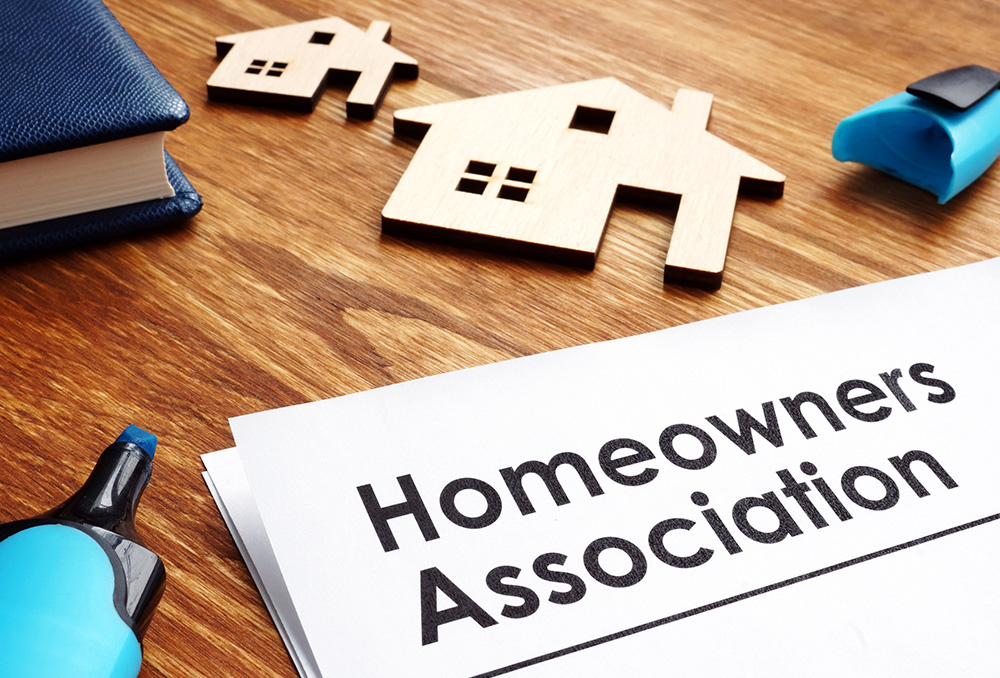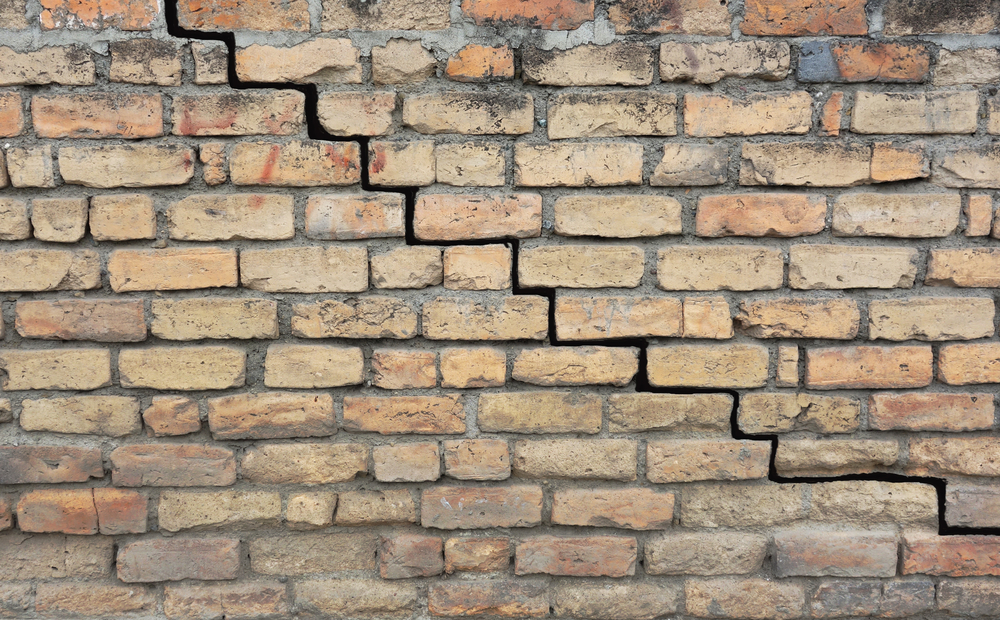
LEGAL OPTIONS FOR HOAs DEALING WITH WIDESPREAD DEFECTS
When construction defects affect multiple homes in a neighborhood, townhome community, or condominium building, it’s not just a private issue – it’s a community problem. Homeowners’ associations (HOAs) often have the legal authority to bring claims on behalf of all residents or for damage to shared areas. These cases can be especially important for communities struggling with leaks, cracks, faulty drainage, or unsafe structures that impact property values and livability.
At Fertitta & Givens, we represent HOAs, condo boards, and individual owners in complex construction defect litigation. Whether the issues involve foundation movement in a single-family development or water intrusion in a high-rise, we know how to hold builders, contractors, and developers accountable.
Call (346) 258-5803 to request a FREE consultation with our residential construction defects team.


.2512030912555.png)

When Can an HOA File a Construction Defect Claim?
HOAs may bring claims when defects impact:
- Common areas (e.g., roads, elevators, roofing, stairwells, pools)
- Shared utility systems (e.g., plumbing, HVAC, electrical)
- Structural components in condo or townhome buildings
- Multiple individual homes experiencing the same defect
These types of claims often arise in communities with shared maintenance obligations, such as:
- Condo associations
- Townhome developments
- High-rise buildings
- Master-planned neighborhoods
In many cases, HOAs are better positioned to bring these claims collectively rather than leaving each homeowner to navigate the process alone.
Types of Defects That Impact Entire Communities
We investigate and litigate claims involving:
- Roof defects or leaks affecting multiple units
- Improper grading or drainage causing flooding across properties
- Cracked foundations or settlement in entire blocks of homes
- Fire safety violations or insufficient soundproofing in shared walls
- Faulty window or siding installation across condo or townhome complexes
These widespread problems can result from poor planning, substandard materials, or rushed construction timelines. In many cases, defects aren’t immediately visible but become more pronounced over time. Quick legal action can make a major difference in resolving issues before they grow worse or costlier for everyone involved.
Who Can Be Held Liable?
Construction defect claims filed by HOAs may name:
- The original builder or general contractor
- The project developer
- Subcontractors who worked on common systems or structures
- Architects or engineers (for design flaws)
- Manufacturers of defective materials or systems
Often, responsibility is shared, or hotly disputed, between multiple parties. Our legal team conducts a thorough review to uncover which entities contributed to the defect and how their roles overlap or conflict. At Fertitta & Givens, we work to identify all responsible parties, review governing documents and maintenance obligations, and pursue compensation for both shared and individual losses.
How These Claims Work
HOA construction defect claims often require:
- Approval from the board and/or vote of homeowners (depending on bylaws)
- Expert inspection reports and damage assessments
- Compliance with Texas pre-suit notice laws (such as RCLA)
- Coordination with insurance carriers and outside consultants
These claims can also involve managing communications with residents and balancing legal action with ongoing community operations. We help associations navigate these steps and ensure claims are built on a solid foundation, often working alongside HOA counsel or property management companies to avoid internal disruption.
Call (346) 258-5803 for a FREE Consultation
Whether you serve on an HOA board or are a homeowner dealing with community-wide defects, legal action may be necessary to fix the problem and protect everyone’s investment. At Fertitta & Givens, we fight for entire communities when builders fail to meet their obligations.
Call (346) 258-5803 or contact us online to request a FREE consultation. We represent HOAs and residents throughout Houston and across the state of Texas.












